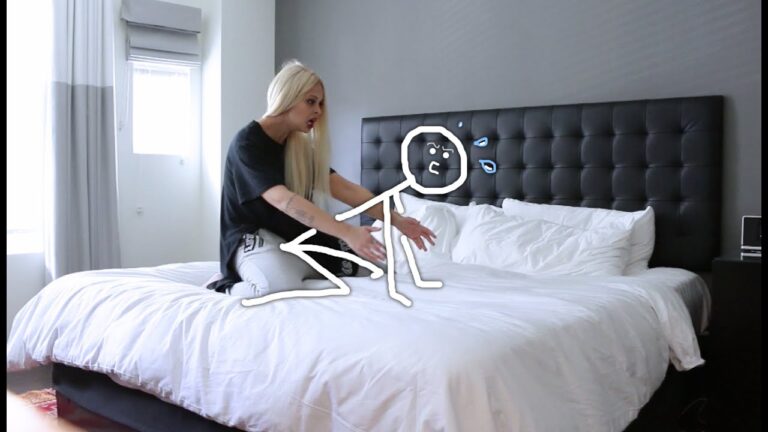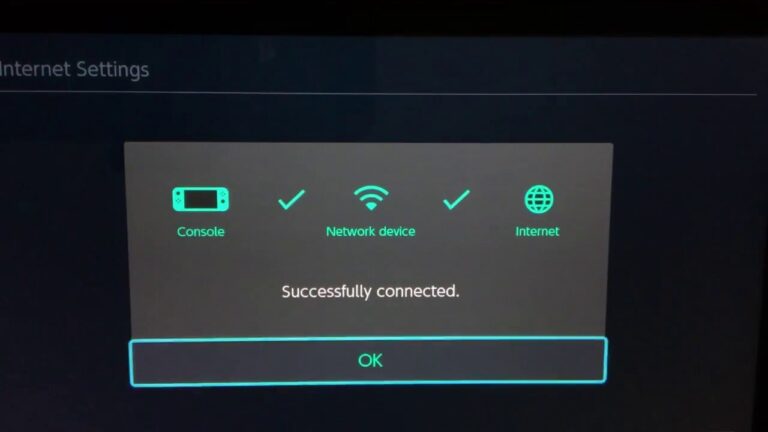When Does a Hotel Guest Become a Tenant in California
A hotel guest becomes a tenant in California after staying for a certain period, typically 30 days. This triggers the tenant-landlord relationship, entitling the guest to tenant rights under California law.
California’s hotel guest and tenant laws present a crucial distinction that affects the legal standing of individuals staying in a hotel long-term. Awareness of the conditions that define this shift is essential for both hoteliers and guests. Understanding when a hotel guest becomes a tenant in California can help mitigate future legal issues and ensure that appropriate rights and responsibilities are upheld.
Therefore, both hotel operators and guests should be mindful of the factors that delineate this transition to safeguard their interests.
Navigate Where You Want:
- California Laws On Hotel Guest Stays
- Hotel Guests Transitioning To Tenants
- Legal Framework Governing Hotel Tenancy
- Factors Influencing Tenant Rights In Hotels
- Identifying The Shift From Guest To Tenant
- Precautions For Hotel Owners And Managers
- Legal Repercussions Of Tenancy Misclassification
- Best Practices For Long-term Guest Management
- Frequently Asked Questions On When Does A Hotel Guest Become A Tenant In California
- How Long Before A Guest Becomes A Tenant In California?
- Can You Establish Residency In A Hotel In California?
- How Do I Evict Someone From A Hotel In California?
- How Long Can You Legally Stay In A Hotel In California?
- Conclusion
California Laws On Hotel Guest Stays
California Laws on Hotel Guest Stays
The distinction between a hotel guest and a tenant in California is crucial, as it determines the applicability of landlord-tenant laws. A hotel guest is someone who stays at a hotel for a short-term lodging arrangement. On the other hand, a tenant typically has a more long-term stay and is afforded the protections of California’s landlord-tenant law.
Hotel Guests Transitioning To Tenants
Hotel guests transitioning to tenants can be a complex issue in California. The criteria distinguishing a tenant from a guest primarily depends on the role of continuous occupancy. In defining tenancy, continuous occupancy plays a crucial role. Additionally, a tenancy agreement for extended stays is of utmost importance for establishing the transition from guest to tenant. This agreement outlines the rights and responsibilities of both the guest and the establishment, clarifying the terms of occupancy. Understanding these criteria and agreements is essential for both hoteliers and guests to navigate the transition effectively.
Legal Framework Governing Hotel Tenancy
California Civil Code on hotel residency: In California, the legal framework governing hotel tenancy is outlined in the state’s Civil Code. When a hotel guest stays for an extended period, they may acquire certain rights and protections typically associated with tenancy, converting them into a tenant.
Key legal precedents affecting hotel guest rights: Several legal precedents have shaped the rights and obligations of hotel guests in California. Understanding these precedents is crucial for hoteliers and guests alike to navigate the legal implications of extended stays and residency in hotels.
Factors Influencing Tenant Rights In Hotels
When a guest stays at a hotel for an extended period in California, they could potentially gain tenant rights. The duration of their stay and the method and frequency of payment can influence the emergence of tenant rights. If a guest begins to pay rent regularly, they may be considered a tenant and gain certain rights under California law. However, it’s essential to distinguish between tenant rights and guest privileges. Hoteliers should be aware of the legal implications to avoid inadvertently turning long-term guests into tenants.
Identifying The Shift From Guest To Tenant
Recognizing the signs of tenancy establishment can be crucial for hotel management in California. Understanding the differences in eviction procedures for guests and tenants is essential to protect the property’s interests. It’s important to be aware of the rights and responsibilities of tenants in California, as these can significantly impact the management of hotel accommodations.

Credit: dpalaw.com
Precautions For Hotel Owners And Managers
In California, it’s crucial for hotel owners and managers to establish clear hotel policies on long-term stays. Proper documentation and communication with long-term guests are essential to differentiate between a hotel guest and a tenant. Clear and well-documented hotel policies will help prevent potential legal disputes and ensure that long-term guests do not inadvertently establish tenancy rights. Effective communication with long-term guests about the terms of their stay and the limitations of their rights can also help avoid confusion about their status. By clearly outlining the rights and responsibilities of long-term guests, hotel owners and managers can mitigate the risk of guests becoming tenants and protect their business interests.
Legal Repercussions Of Tenancy Misclassification
When a hotel guest becomes a tenant in California, there are legal repercussions for both the guest and the hotel operator. Misclassifying a tenant can lead to risks of unlawful evictions for hotel operators and legal actions arising from tenant rights violations. Understanding the importance of distinguishing between a guest and a tenant is crucial to avoid inadvertently creating a landlord-tenant relationship when providing lodging services.
Best Practices For Long-term Guest Management
Managing long-term guest stays at hotels in California requires clear contractual agreements to establish boundaries and expectations. Regular check-ins and documentation are essential to maintain transparency and record the duration of the extended stay. Hoteliers should prioritize setting clear expectations and boundaries with extended-stay guests to avoid potential tenant status. By creating comprehensive contractual agreements, hotel management can mitigate the risk of inadvertently transitioning guests into tenants, which could trigger landlord-tenant regulations.
Frequently Asked Questions On When Does A Hotel Guest Become A Tenant In California
How Long Before A Guest Becomes A Tenant In California?
A hotel guest becomes a tenant in California once they occupy the unit for 30 consecutive days.
Can You Establish Residency In A Hotel In California?
Yes, hotel guests can establish residency in California, potentially creating tenant rights.
How Do I Evict Someone From A Hotel In California?
To evict someone from a hotel in California, the landlord needs to provide specific notice and go to court for an eviction order.
How Long Can You Legally Stay In A Hotel In California?
Guests can stay in a hotel in California for up to 30 consecutive days.
Conclusion
Understanding the legal nuances between a hotel guest and a tenant in California is crucial. By knowing the rights and responsibilities of both parties, hoteliers and guests can avoid potential issues. Educating oneself on the legal implications can help to prevent unintentionally turning a temporary guest into a long-term tenant.
Related Articles To Read:
- Do Hotels Have Cameras in Hallways
- How to Decorate a Hotel Room Romantically
- What Does Yankee Hotel Foxtrot Mean
- When Does a Hotel Guest Become a Tenant in Florida
- Where Do Hotels Buy Their Furniture
- Are Emotional Support Animals Allowed in Hotels?
- Are Hotel Deposits Refundable?
- Are Hotel Rooms Soundproof?
- Are Hotel Towels Clean? Unveiling the Hidden Truth
- Are Hotels Open 24/7? The Truth Revealed!






